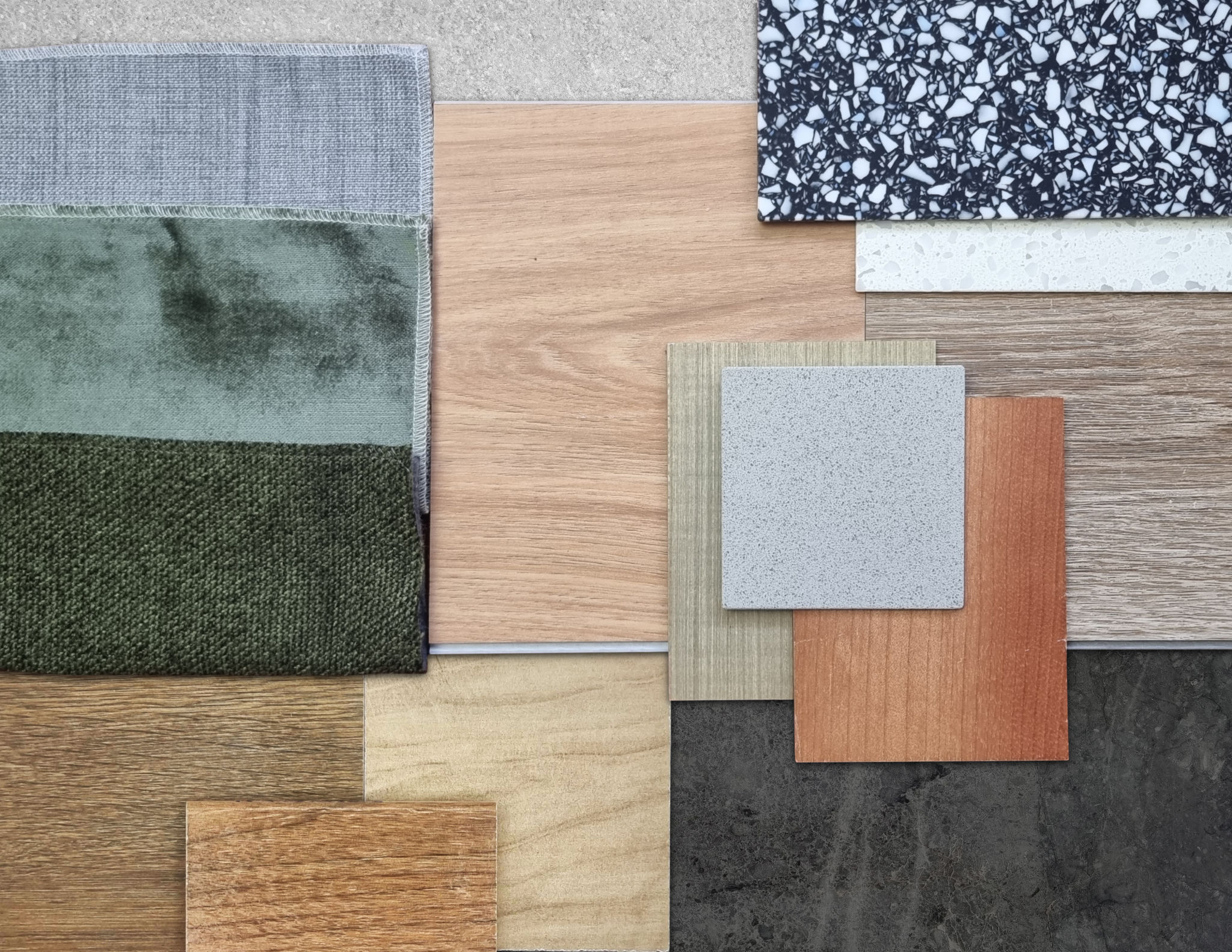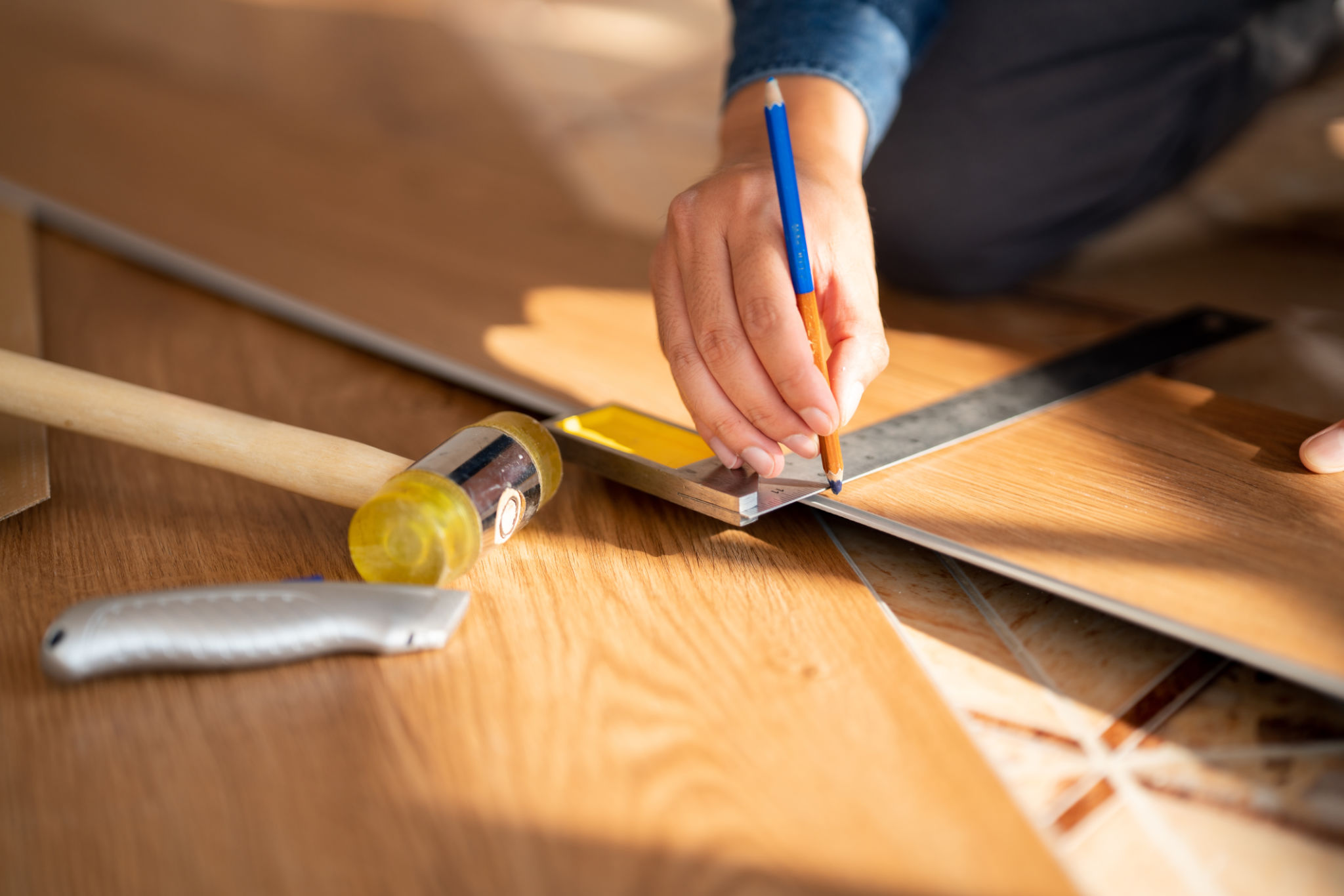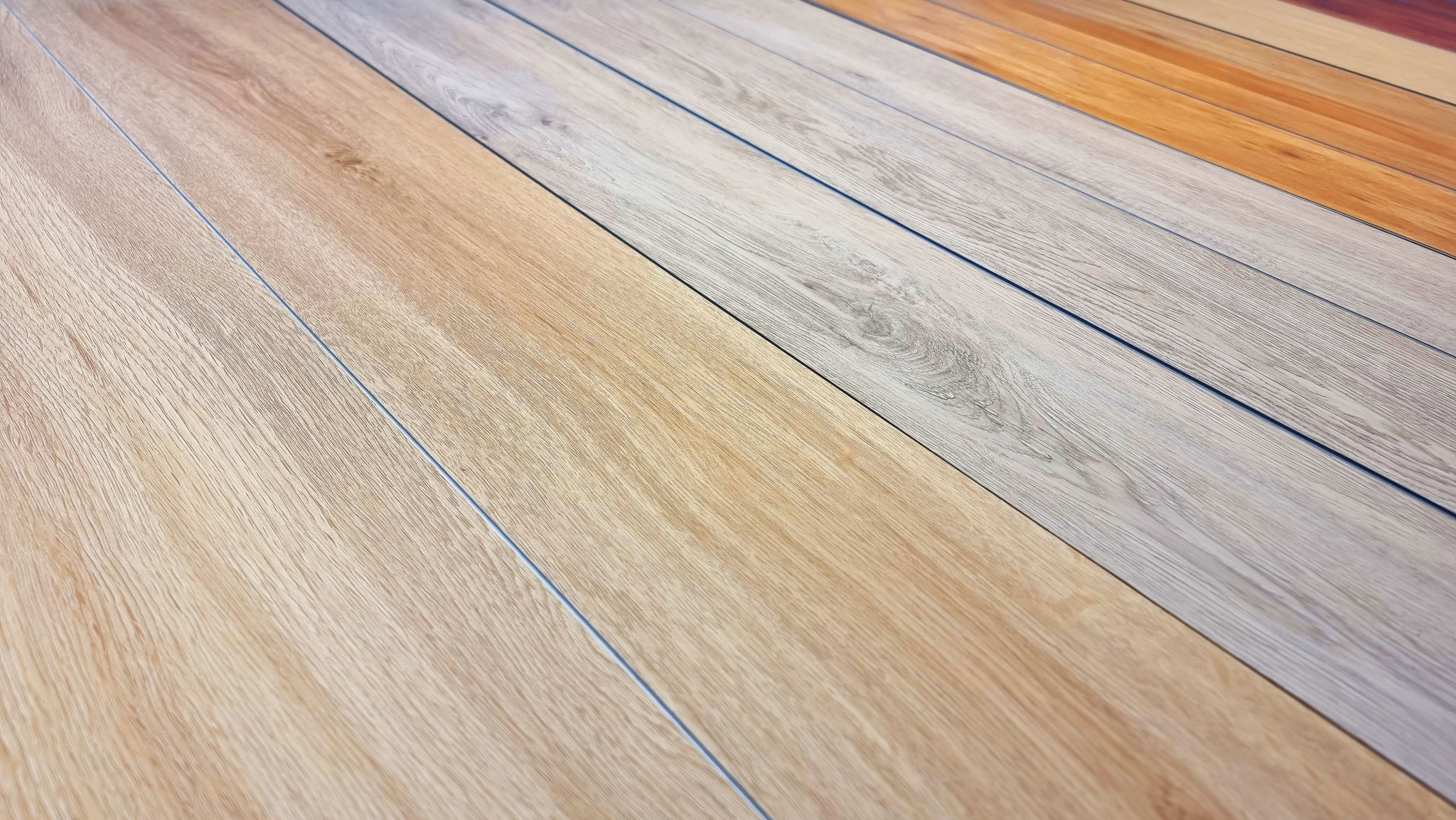The Ultimate Guide to Waterproof SPC Flooring for Dealers
Understanding SPC Flooring
Stone Plastic Composite (SPC) flooring is rapidly gaining popularity among dealers due to its durability and versatility. It is engineered with a unique blend of limestone, polyvinyl chloride, and stabilizers, making it highly robust and resistant to various environmental factors. This flooring option offers the perfect balance of aesthetics and performance, making it an attractive choice for modern interiors.

One of the key advantages of SPC flooring is its waterproof nature. Unlike traditional hardwood or laminate floors, SPC can withstand moisture and spills, making it ideal for kitchens, bathrooms, and basements. Its waterproof properties also mean that it doesn't warp or swell when exposed to water, which is a significant selling point for dealers catering to areas with high humidity levels.
The Composition of SPC Flooring
SPC flooring consists of several layers that contribute to its unique properties. Here's a breakdown:
- Wear Layer: This top layer provides resistance to scratches and stains.
- Vinyl Layer: Offers the aesthetic appeal with a range of patterns and colors.
- SPC Core: The heart of the flooring, providing rigidity and stability.
- Backing Layer: Offers sound insulation and added comfort underfoot.
The composition makes SPC flooring exceptionally durable, capable of handling heavy foot traffic without showing signs of wear and tear. This durability is a significant factor for dealers to highlight when selling SPC flooring options.

Installation Benefits for Dealers
One of the standout features of SPC flooring is its easy installation process. Dealers can assure customers that they don't need professional help to install these floors, thanks to the click-lock system that allows for straightforward DIY installation. This feature not only saves time but also reduces installation costs, making SPC flooring an even more attractive option for homeowners.
Additionally, SPC flooring can be installed over most existing subfloors, including concrete, ceramic, or wood. This versatility in installation further expands the market potential for dealers, as it simplifies renovations and new builds alike.
Design Flexibility
SPC flooring offers an impressive array of design possibilities. Manufacturers have developed advanced printing technologies that replicate the appearance of natural materials, such as wood and stone. Dealers can provide a wide range of styles and finishes to meet diverse consumer preferences, from rustic charm to contemporary elegance.

This variety in design ensures that dealers can cater to different market segments, enhancing their ability to meet customer demands effectively. The flexibility in design also allows dealers to stay ahead of trends and offer the latest styles in home décor.
Environmental Considerations
As sustainability becomes an essential aspect of purchasing decisions, dealers should emphasize that SPC flooring is an eco-friendly choice. Many manufacturers use recyclable materials in production, reducing the carbon footprint associated with traditional flooring options. The long lifespan of SPC flooring also means fewer replacements over time, contributing to less waste.
Dealers can leverage these environmental benefits by aligning with eco-conscious consumers and promoting sustainable practices in their business operations. Highlighting these aspects can add significant value to their product offerings.
Conclusion
In conclusion, waterproof SPC flooring offers numerous advantages for dealers looking to expand their product lines and meet consumer demand for durable, versatile, and stylish flooring solutions. By understanding its composition, installation benefits, design flexibility, and environmental impact, dealers can position themselves as knowledgeable leaders in the flooring industry. Embracing SPC flooring not only enhances customer satisfaction but also provides a competitive edge in a rapidly evolving market.
